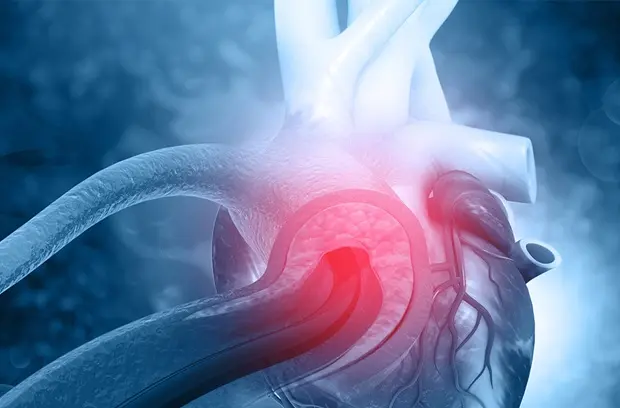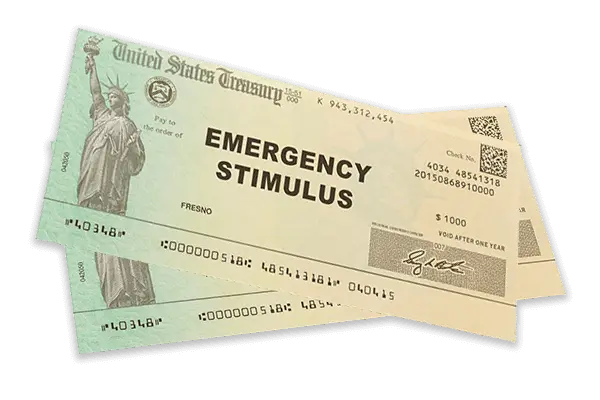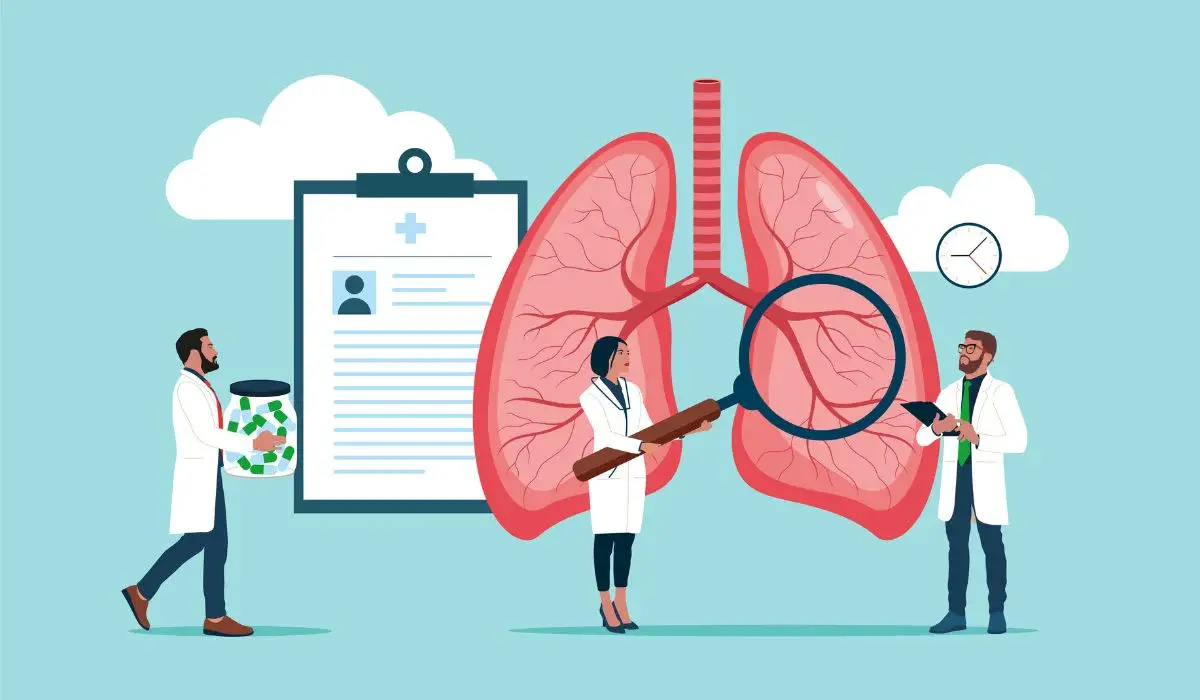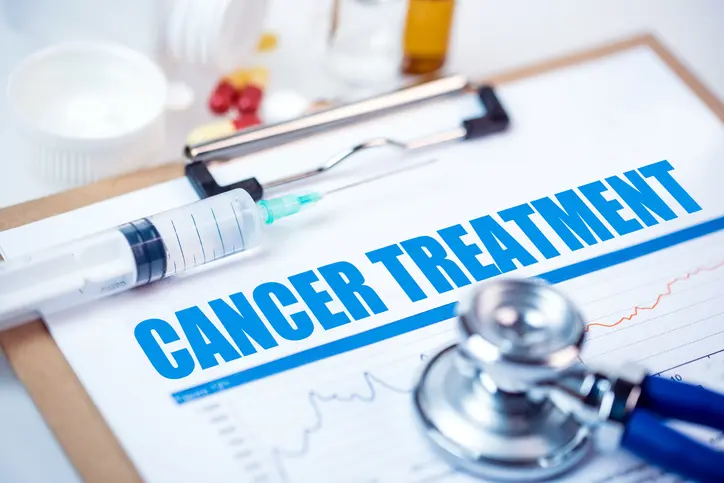
🩺 Top Treatment Options for Heart Arrhythmia
Here’s a quick comparison of the most common treatment options for heart arrhythmia, including their benefits, risks, and typical use cases:
| Treatment Option | Best For | Benefits | Risks/Side Effects |
|---|---|---|---|
| Medications (Beta-blockers) | Frequent, mild arrhythmias | Reduces heart rate, improves rhythm | Fatigue, dizziness, low blood pressure |
| Anti-arrhythmic Drugs | Severe arrhythmias | Restores normal rhythm, prevents irregular beats | Risk of toxicity, interactions with other drugs |
| Cardioversion (Electrical) | Acute arrhythmia episodes | Quick restoration of normal rhythm | Risks related to anesthesia, heart stress |
| Catheter Ablation | Persistent arrhythmias | Long-term solution, minimal downtime | Risk of bleeding, infection, heart damage |
| Implantable Defibrillator (ICD) | Life-threatening arrhythmias | Prevents sudden cardiac arrest, automatic shock | Infection, device malfunction, discomfort |
| Pacemaker | Bradycardia or irregular slow rhythms | Regulates heart rate, improves energy levels | Invasive procedure, risk of infection |
| Lifestyle Changes | Mild arrhythmia & prevention | Reduces risk factors (stress, obesity, alcohol) | Requires consistent lifestyle commitment |
💊 Medications: First Line of Defense
For mild to moderate arrhythmias, doctors typically start with medications like beta-blockers or anti-arrhythmic drugs. These can help control the heart rate and restore normal rhythm without the need for invasive procedures. Beta-blockers, for instance, slow the heart rate and reduce the heart's workload. However, there can be side effects, including fatigue, dizziness, or even low blood pressure.
⚡ Cardioversion: Quick Fix for Acute Episodes
For individuals experiencing acute arrhythmia episodes, cardioversion might be the recommended approach. This procedure involves sending a controlled electrical shock to the heart to reset its rhythm. It’s highly effective in restoring normal sinus rhythm, but it does carry some risks, including potential complications from anesthesia or heart stress.
🩻 Catheter Ablation: A Long-Term Solution
For persistent arrhythmias, catheter ablation is a minimally invasive procedure that can offer a permanent solution. The procedure involves threading a catheter through blood vessels to the heart, where it destroys small areas of tissue responsible for the abnormal electrical signals. Though it has high success rates, catheter ablation carries risks like bleeding, infection, or rare heart damage.
💓 Implantable Cardioverter-Defibrillator (ICD): Preventing Sudden Cardiac Arrest
For life-threatening arrhythmias, an implantable cardioverter-defibrillator (ICD) may be recommended. This device continuously monitors the heart’s rhythm and automatically administers shocks when it detects life-threatening arrhythmias. While this can be a lifesaver, potential complications include device malfunctions or infections.
🧑⚕️ Pacemaker: Regulating Slow Heart Rhythms
In cases of bradycardia (abnormally slow heart rhythms), a pacemaker may be implanted. This small device sends electrical impulses to the heart to ensure it maintains a steady, normal rhythm. Although the procedure is generally safe, it carries the usual risks associated with invasive surgeries, including infection and discomfort.
🍏 Lifestyle Changes: Preventing and Managing Arrhythmias
For many people, lifestyle changes can significantly reduce the risk of developing arrhythmia or prevent it from worsening. Cutting back on alcohol, reducing stress, losing weight, and eating a heart-healthy diet can all contribute to improved heart health. Though it won’t cure arrhythmia, it can help manage the condition and prevent future episodes 🍎🏋️♀️.
✅ Final Thoughts
The treatment for heart arrhythmia depends on the type, severity, and underlying health conditions. From medications to lifestyle changes and advanced procedures like catheter ablation, there are many options to consider. Make sure to consult with your cardiologist to choose the treatment that best fits your health needs. Understanding your options is key to managing your condition and leading a healthier life 💪💓.






